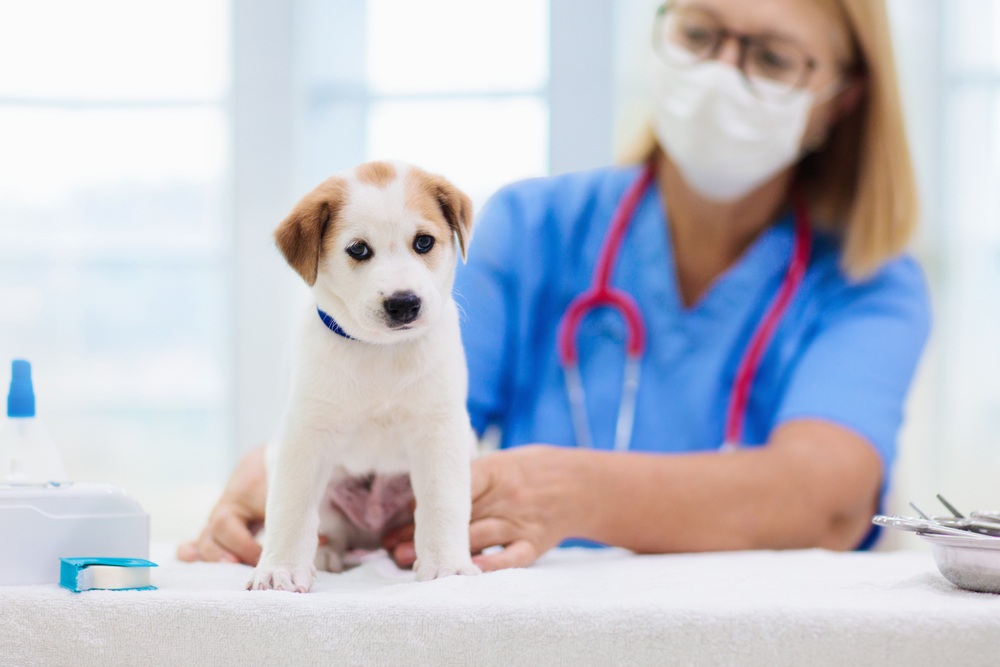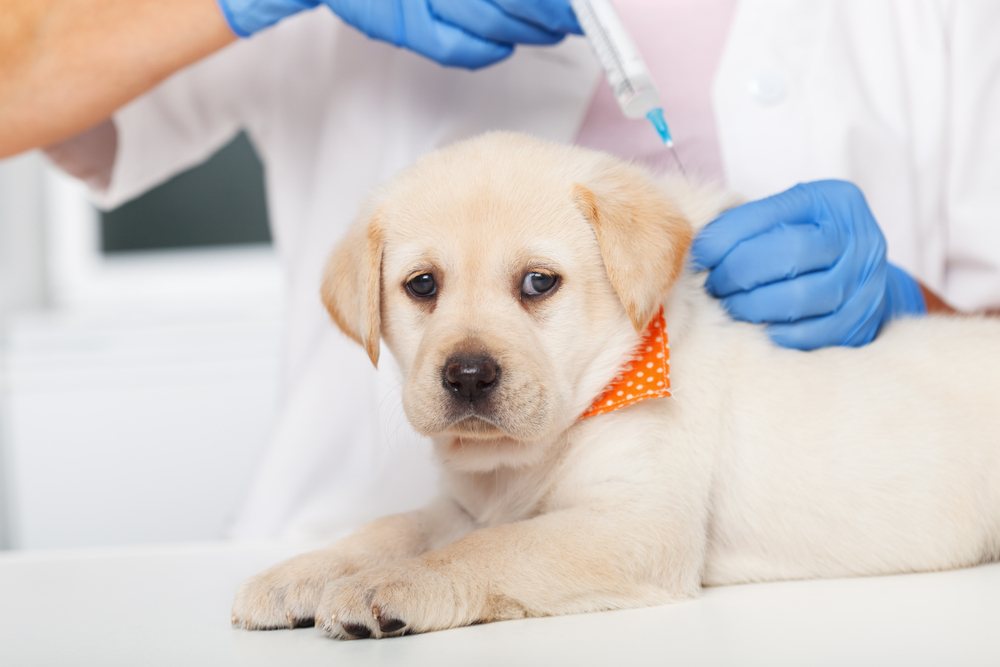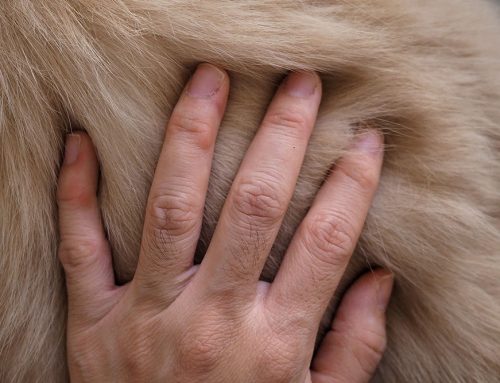Preventive care, like vaccinations and deworming, can help your four-legged friend remain happy and healthy for years to come. Although a trip to the veterinarian with a perfectly healthy puppy may seem a waste of time, investing in regular preventive and wellness care will save money—and potentially your pet’s life—in the long run.
Preventing serious and life-threatening disease in your pet is our Guam Pet Hospital veterinary team’s ultimate goal. Read on to learn how we strive to keep your puppy healthy through regular preventive care.
Intestinal parasite deworming for puppies
Intestinal worms, particularly roundworms, are commonly found in puppies, because they typically are born with a roundworm infection transmitted in utero by their mother. However, any intestinal parasite can easily be picked up because of poor hygiene practices, inadequate deworming protocols, and wildlife reservoirs. The most common intestinal parasites that can infect your puppy include:
- Roundworms
- Hookworms
- Whipworms
- Tapeworms
- Giardia
- Coccidia
While these worms are generally not visible to the naked eye, their effects on pets are easily visible. Infected pets can develop foul-smelling, mucus-filled, or bloody diarrhea, in addition to vomiting, weight loss, a thrifty appearance, or a pot belly. A heavy enough parasite load can prove fatal, especially in young, old, or immune-compromised pets. Fortunately, most treatments are straightforward, and many parasitic infections can be prevented through regular deworming and administration of preventive products.
Puppy vaccination series

As your puppy grows, they lose their mother’s protection as the disease-fighting maternal antibodies fade away and your puppy’s own immune system develops and tackles pathogens. However, a critical period in your puppy’s development does exist when they are most vulnerable to disease, as the maternal antibodies wane but their own immune system is not quite strong enough for protection. To ensure your pup is protected from potentially fatal diseases like parvovirus and distemper, we administer a vaccination series to bolster their immune system during this critical period. Vaccination boosters every three weeks until 15 or 16 weeks of age is essential to stimulate their immune system enough so they can mount a life-saving response when faced with disease.
Vaccinations that your puppy should receive include:
- Canine distemper
- Parvovirus
- Adenovirus
- Rabies
- Leptospirosis
- Bordetella (i.e., kennel cough)
While not all these are core (i.e., required) vaccinations, they should be administered to most puppies to ensure their maximum disease protection. However, our team always considers your pet’s lifestyle and exposure risk, and tailors their vaccinations to fit their needs.
Parvovirus prevention for puppies
Parvovirus, or parvo, is one of the top causes of death in puppies and unvaccinated dogs. This deadly disease spreads easily through contact with infective feces, and can be carried home on shoes or clothes. The Guam weather also contributes to disease spread, as heavy rain can wash virus particles into yards. However, this deadly disease is almost 100% preventable with proper vaccination. Typically, puppies should receive three parvo vaccinations in their initial series, or four vaccinations in high-risk breeds. German shepherds, rottweilers, dobermans, or bully breeds must receive that extra booster for maximum protection.
In addition to proper vaccination, you can also protect your puppy from parvo by:
- Practicing good hygiene — Good hygiene is critical for preventing parvo spread. Wash your hands thoroughly with soap and water after handling any pet that is not yours, keep your dog away from stool piles not cleaned up, and pick up after your own pet.
- Refrain from playing outside until the vaccination series is complete — Since parvo is one of the most common diseases in Guam, keep your puppy indoors until their parvovirus vaccination series is complete. This may mean your pup needs to stay inside until they are 15 or 16 weeks old.
- Limit contact with dogs of unknown vaccination status — Ideally, your puppy should interact only with healthy, vaccinated dogs you know. This not only minimizes the potential disease and parasite spread, but also helps ensure positive play sessions if you know the other dog’s personality.
- Walk your puppy in low-traffic areas — Areas that dogs frequent can easily be contaminated with disease pathogens and parasites, so stick to low-traffic areas to reduce your pet’s disease exposure.
As a pet owner, your puppy’s life is in your hands. Protect them in the best way possible by scheduling regular preventive care with our Guam Pet Hospital team. Call us for an appointment.








Leave A Comment